In the heart of Utah, a small drone factory is experiencing a resurgence amidst growing anti-China sentiment. Teal Drones, founded by George Matus in 2015, has shifted its focus from consumer drones to military and government contracts in order to survive in a market dominated by China’s DJI, according to an article in The Washington Post. It explores the challenges faced by U.S. drone manufacturers and the role that drones are playing in modern warfare.
The Struggle to Compete with China
When Teal Drones first launched, the company aimed to bring the joy of flight to consumers. However, DJI’s affordable and feature-rich drones, such as the Mavic Pro, made it nearly impossible for U.S. companies to compete. Matus was forced to downsize his staff and pivot the company’s focus to stay afloat.
“That was the trough of disillusionment,” Matus recalled. “Most companies were going out of business. And Teal was also very close to the brink.”
Pivoting to Defense Contracts
In 2018, the U.S. Department of Defense banned the use of DJI drones due to security concerns, providing a lifeline for domestic drone manufacturers. Teal Drones and other U.S. companies, such as Skydio, began tailoring their products to meet the needs of the military and government agencies.
Teal’s drones now feature weatherproofing, thermal cameras for night vision, and enhanced cybersecurity. The company’s workforce has grown to nearly 100 employees, with workers assembling so called Blue sUAS drones by hand in their Salt Lake City factory.
The Impact of Drones in Modern Warfare
The war in Ukraine has highlighted the potent role that small drones can play in battle, with soldiers using them for reconnaissance and even attaching bombs for one-way missions. The Pentagon’s “Replicator” program aims to produce thousands of U.S.-made small drones, providing hope for steady sales and offsetting higher production costs for domestic manufacturers.
“Everyone wants to make sure they have the drones before something happens,” said Jeff Thompson, whose company Red Cat acquired Teal Drones in 2021. “Hopefully everyone buys a whole bunch of drones, and no one wants to invade each other anymore. That’d be great.”
Kyle Nordfors, Team Coordinator Weber County Search and Rescue, expressed relief that Utah’s lawmakers had “listened to logic” and refrained from banning DJI drones. He mentioned that he had informed them about the possibility of erasing all data from the drones prior to reconnecting them to the internet. “It’s all fearmongering and nonsense,” he stated, dismissing concerns about the potential risks associated with using Chinese-made drones.

Skepticism and Challenges
Despite the push for domestic drones, some law enforcement agencies remain skeptical about the need to buy U.S.-made products. They argue that DJI drones still offer superior functionality and affordability, and that cybersecurity risks can be mitigated by operating the devices offline.
“Unfortunately, the U.S. manufacturers are still years behind,” Nordfors reportedly said. “If these anti-Chinese laws go into effect, it will cost American lives. And this isn’t hyperbole. I can give you actual names of American citizens that would have perished if I was forced to use an American drone.”
Blue sUAS are more Expensive
Additionally, the high cost of U.S. drones compared to their Chinese counterparts presents a significant challenge for widespread adoption. Police departments face budget constraints and must balance the desire to support domestic manufacturers with the need to be responsible with taxpayer dollars.
Sgt. Josh Ashdown, who oversees the Salt Lake City Police Department’s drone program, revealed that their fleet comprises 17 drones from both Chinese (DJI and Autel) and American (Skydio and Brinc) manufacturers. Ashdown emphasized the importance of affordability and responsible use of taxpayer money when selecting drones.
The department has 27 licensed drone pilots who regularly use the technology for operations and training. Drones have proven to be a game-changer, enabling officers to monitor events for potential threats and survey locations before deploying SWAT teams.
In contrast, Florida banned the use of Chinese-made drones by police last year, forcing the Miami Police Department to replace their fleet of 14 DJI drones with 12 Skydio drones made in California. Sgt. Anthony Loperfido noted that the switch was costly, with each Skydio drone priced at around $25,000 compared to $1,500 to $3,000 for DJI models.
The ban also led to the suspension of drone use in indoor SWAT operations due to connectivity issues with U.S.-made drones. However, Loperfido acknowledged that American drone manufacturers, such as Skydio, have made significant progress in tailoring their products for law enforcement needs, closing the functionality gap with their Chinese counterparts.
Growing Anti-China Sentiment
As anti-China sentiment grows and the importance of drones in modern warfare becomes increasingly evident, U.S. drone manufacturers like Teal Drones are experiencing a revival. By focusing on military and government contracts, these companies aim to survive in a market once dominated by China’s DJI.
However, challenges remain, including higher production costs and skepticism from some law enforcement agencies. The future of the U.S. Drone Industry will depend on its ability to innovate, adapt, and demonstrate the value of domestically-produced drones in an ever-changing landscape.
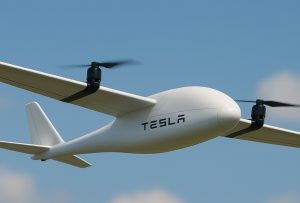

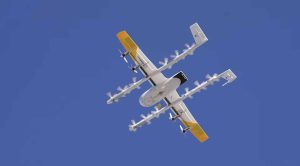
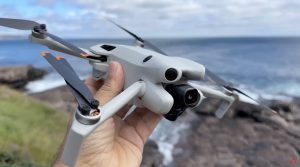

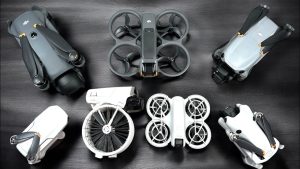
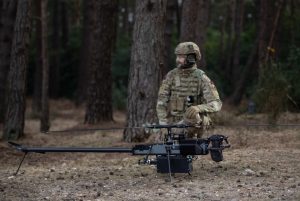
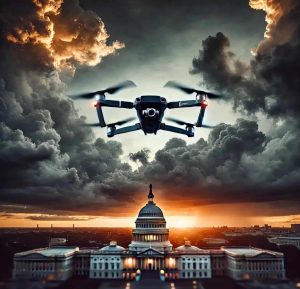
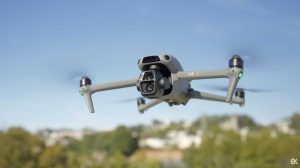
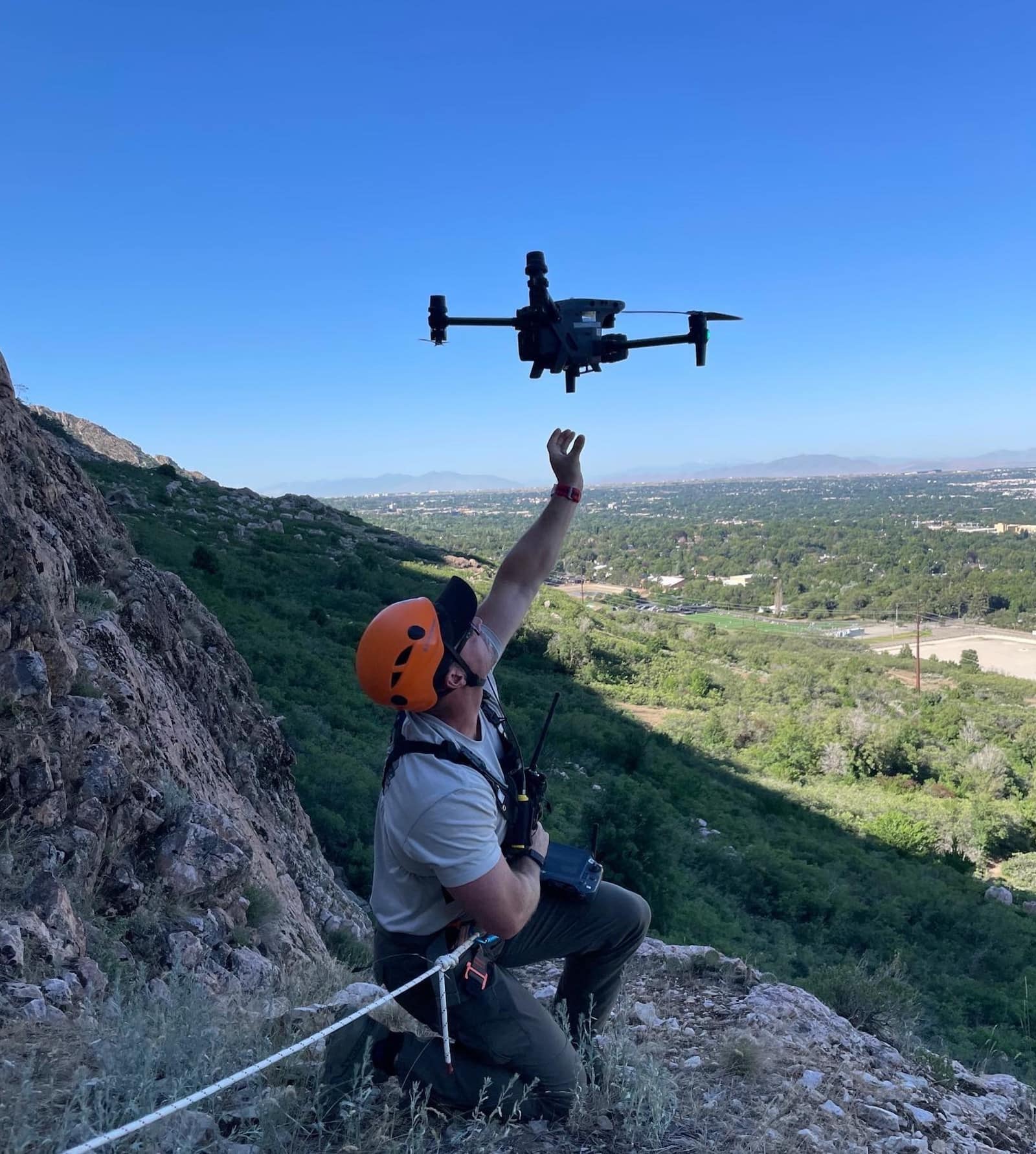
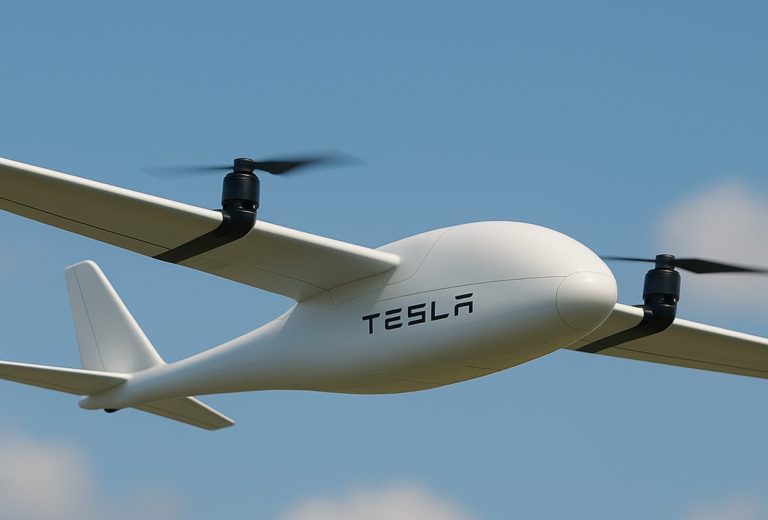

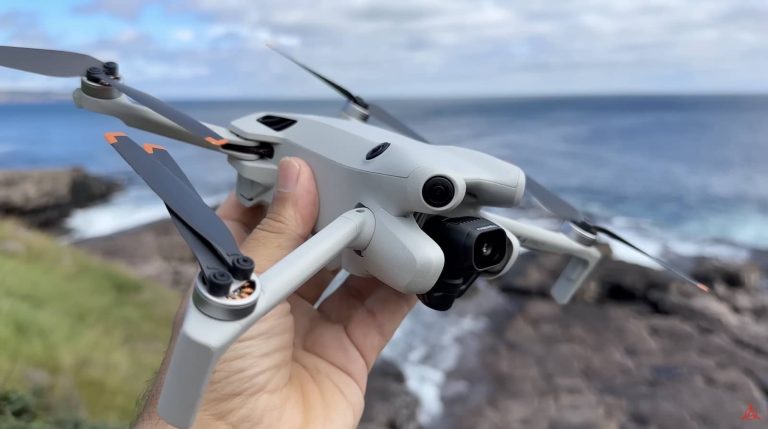
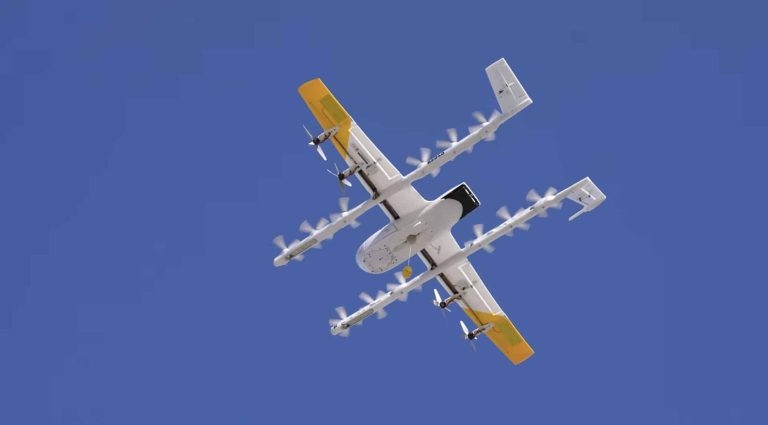
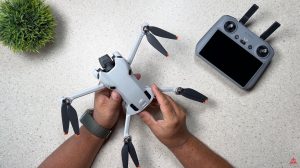

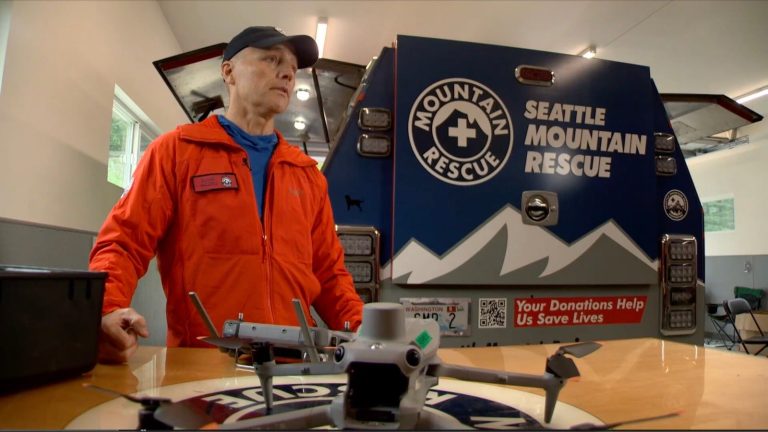
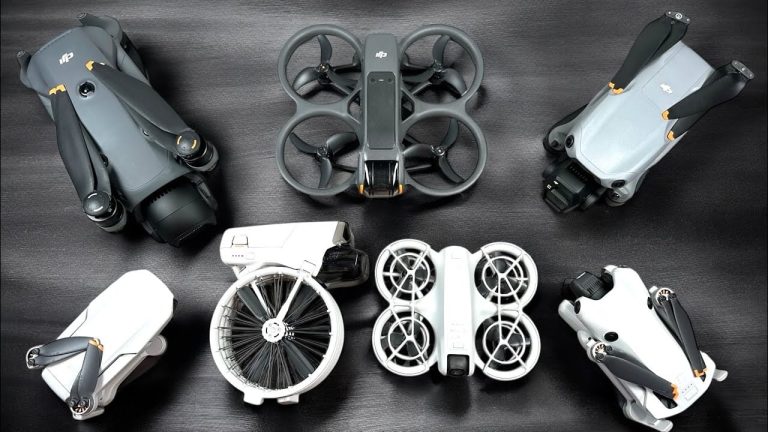

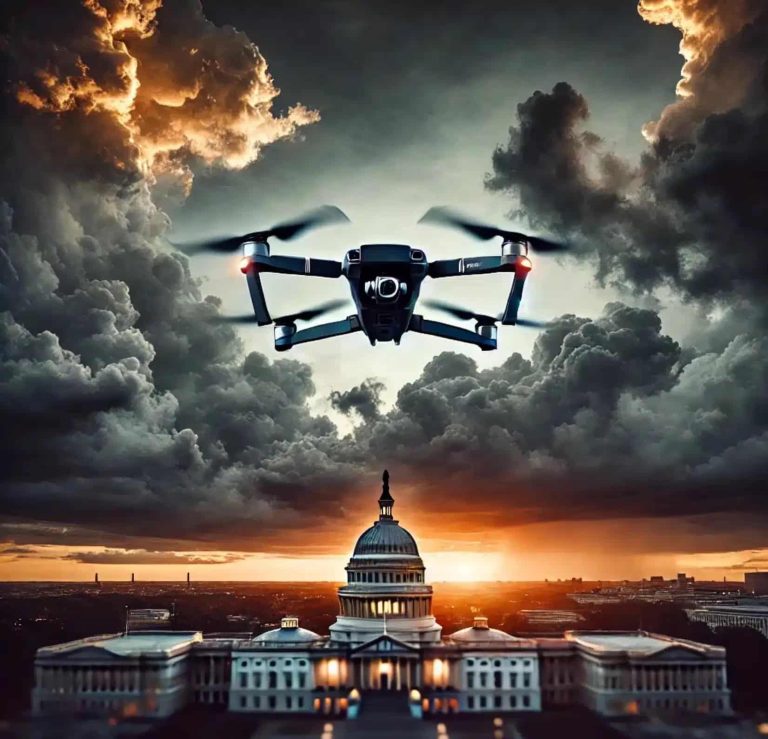
+ There are no comments
Add yours